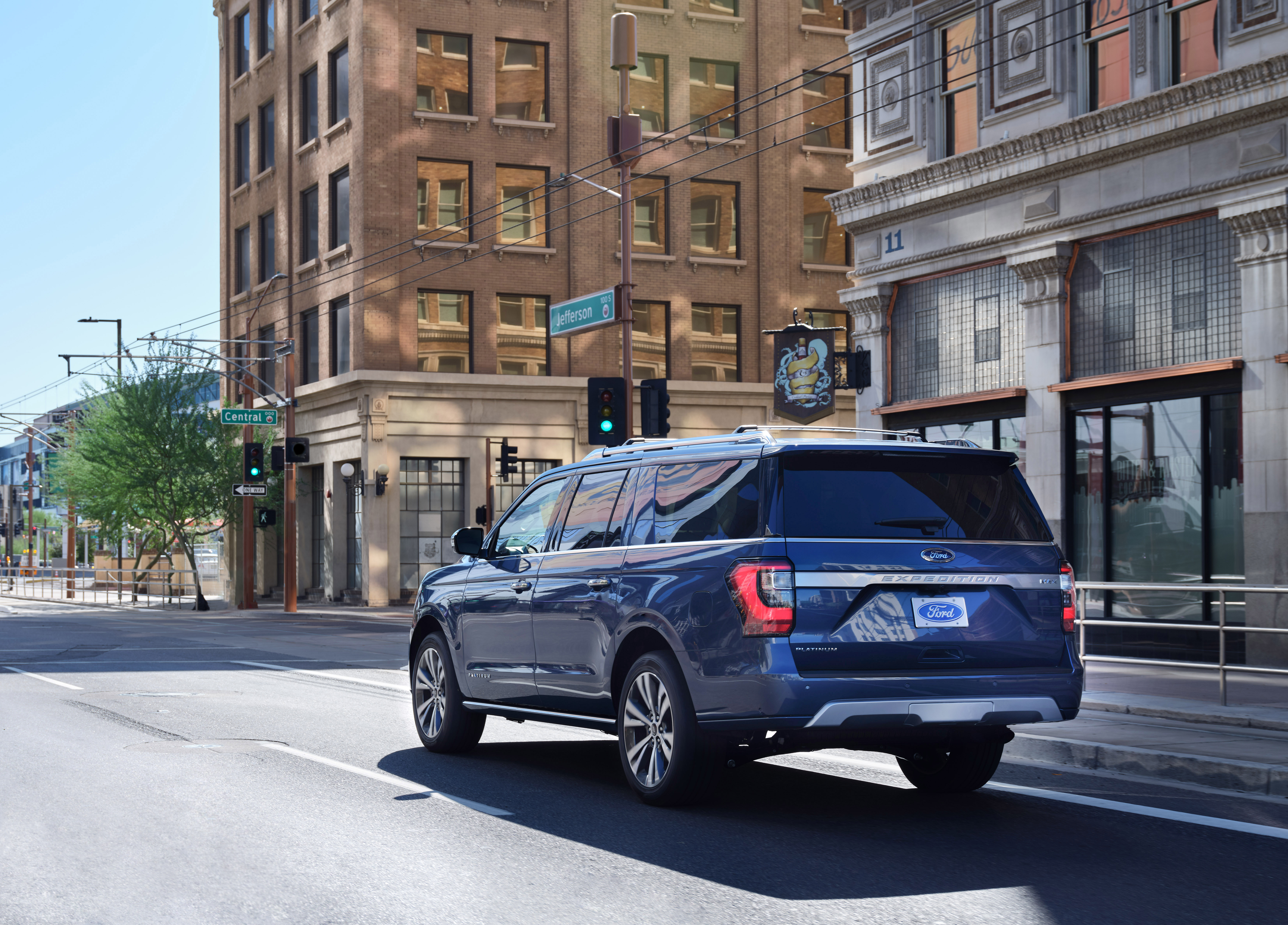Most people know that cars depreciate. However, they may not know exactly how the process happens. They might be clueless in regards to how they can slow this process or keep the costs more manageable as well.

Georgia car dealerships will have many options if you want a new or used vehicle. How can you slow the cost of depreciation once you have a suitable car for your situation, though?
We will talk about the hidden costs of deprecation and how you can keep them more manageable in the following article.
What Does the Term Car Depreciation Mean?
The term car depreciation refers to the process of the vehicle becoming less valuable as time passes. If you buy a brand-new car, it makes sense that it will be at its most valuable in the time before you ever drive it off the lot.
At this point, it will be fresh off of the assembly line. It will not have any miles on it. If it’s brand-new, that also probably means that it is loaded with the latest technological and safety advancements.
Once you sign the appropriate papers and drive that vehicle off of the lot, though, its worth immediately starts going down. That might seem distressing, but there’s little you can do about it. A vehicle that has had even one previous owner is always going to be worth less than one that has never had an owner up to this point.
What Are Some of the Costs of Depreciation?
If you own a car for a while, then there are some ways its value is going to depreciate, regardless of how well you take care of it. This is inevitable.
One way the car will depreciate in value is because of excess wear and tear. The longer you own a car, the more likely it will start to accumulate some bumps and dings. If that happens, you can always ignore them. You may also decide that you want to hire someone to repair the damage, though.
Then, there’s the issue of the registration and taxes pertaining to the vehicle. You may have to do an emissions test on the car every year as well.
The registration fee, cost of the emissions test, and the annual taxes will add up. They are some of the costs of depreciation that few people think about, but they definitely still exist.
Some states will also charge you an EV fee. If you buy an electric vehicle, the state feels that it is losing money due to you not being subject to paying taxes on gasoline. This yearly fee can also be considered to be part of the hidden depreciation costs you must deal with.
Maintain the Car as Best You Can
The hidden costs of depreciation might bother you a bit. There are some ways you can keep them down, though.
For one thing, you will want to maintain the vehicle as best you can. This involves taking it for a tune up before you’re going to go on a long road trip.
You can also get it inspected every year. If the inspection reveals anything wrong, then take steps to correct it.
If the check engine light comes on, then get a mechanic to look at it with no delays to see what the problem is. If the tires are getting worn down, get replacements. You should also rotate the tires periodically to make sure the wear on the treads is even.
You should make sure the fluid levels in your vehicle are correct at all times. If you need to get your car’s oil changed, do so at the time the vehicle’s manufacturer recommends.
All of this will help with the cost of depreciation. You can also obey the speed limit and obey all traffic laws. This makes an accident less likely, which means no costly repairs.
Sell the Car Before the Mileage Gets Too High
Another thing that you will probably want to consider doing is to sell the vehicle before the mileage gets too high. If you have a vehicle that you’ve kept around long enough so that it now has 100,000 miles on it or more, then you can feel reasonably certain it has lost most of its value.
If you feel that you can’t afford to get a new car or trade the current one in because money is tight, then you may think you should keep your current vehicle until it has a ton of miles on it. That’s financially responsible in one way, but it also means the depreciation is going to do a number on your current vehicle.
If you sell the car before the mileage gets too high, then you should get a good rate of return on the vehicle, assuming you also took good care of it when it was in your possession. You can take the money you got from the sale and put it toward a brand-new or certified pre-owned vehicle.
If you repeat this process every couple of years, you won’t have to deal with a car that is worth next to nothing after you have driven it for many years and it has hundreds of thousands of miles on it.
Keep Records
There’s one additional thing that you can do to try to manage the hidden costs of car depreciation. You can keep meticulous records of everything that a mechanic ever does to the vehicle.
That often means you can get a better price on it when you try to sell it. Remember that while you can use a tool like the Kelley Blue Book vehicle pricing guide, what the internet says your car is worth is not necessarily what you’ll get for it when you try to sell it. You may get either more or less depending on the buyer you find and the state of the market.
The tips we’ve laid out should help you to keep a car’s depreciation costs at least relatively manageable.








